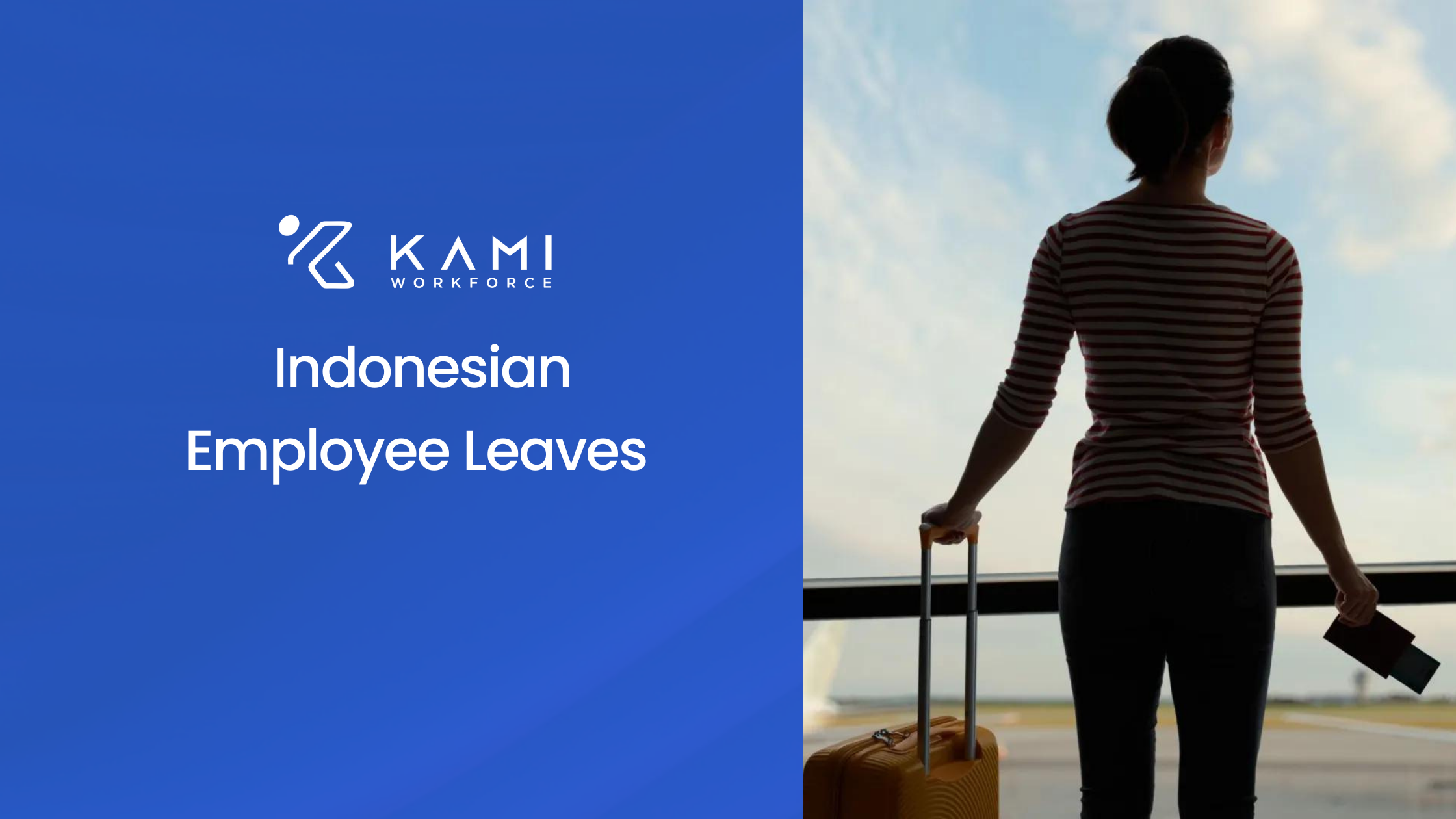For almost all employees, we believe that there is always a personal interest and/or unexpected circumstances that require them to take a day off from work. In general, there are two types of employee leave which are (i) paid leave/paid time off; and (ii) unpaid leave. The employees who take their paid leave/paid time off are still entitled to receive their wages in full. Otherwise, unpaid leave is the type of leave that may be given by the employer without the obligation to pay the employee’s wage.
Types of Indonesian Employee Leaves
Annual Leave
The first type of paid leave and the most well-known is the annual leave. In principle, annual leave is the right for employees to take their leave for any reason. Whether there is a personal interest or just to take time off from their work, an employee can take their annual leave whenever they need it.
At most companies, the employees are entitled to 12 (twelve) days of annual leave right after they joined the said company. However, in some cases, employees will be granted their annual leave after 12 (twelve) months of continuous service. Any terms and arrangements for annual leave that the employers may have, shall be specified in work agreements, company regulations, or collective agreements.
Sick Leave
In the event an employee is unable to perform their work because of an illness or injury, they are entitled to a paid leave. This leave is often called the “sick leave”. Employers are obligated to allow continuous leave to employees if they are able to provide a written letter or statement from their doctor. Any leave that is caused by an illness or injury should not be deducted from the employee’s annual leave.
Other than the sick leave mentioned above, the employers are also obligated to provide female employees a paid leave on the first and second days of menstruation if they are not feeling well and cannot perform their work.
Based on Indonesian Manpower Law, the employer is prohibited to terminate employees who are on sick leave for less than 12 (twelve) consecutive months. Moreover, the wage received by the employee who is on sick leave should be as the following:
Period of leave | Percentage of wages to be paid |
| The first 4 (four) months | 100% |
| The second 4 (four) months | 75% |
| The third 4 (four) months | 50% |
| Subsequent months | 25% |
Maternity Leave
Women employees are entitled to maternity leave, during which their wage is still paid in full. Employees who are giving birth are entitled to one and a half months absence before the birth and one and a half months absence after the birth. In the event of a miscarriage, she is entitled to one and a half months of paid leave, or as long as her doctor or obstetrician specifies in a written statement. Furthermore, the duration of maternity leave can be extended subject to the doctor’s or obstetrician’s recommendation.
Personal Leave
We all agreed that sometimes life happens and that we should take at least one day off from work. According to Indonesian Manpower Law, every employee is entitled to paid leave for personal reasons that is not deducted from their annual leave. Employers are obliged to provide a paid time off for personal leave as follows:
Reason for Personal Leave | Days of Paid Leave |
| Employee’s wedding | 3 (three) days |
| Wedding of employee’s child | 2 (two) days |
| Employee’s son circumcision | 2 (two) days |
| Employee’s child baptism | 2 (two) days |
| Employee’s wife gives birth or has a miscarriage | 2 (two) days |
| Death of employee’s spouse, child, child-in-law, parents or parents-in-law | 2 (two) days |
| Member of employee’s household dies | 1 (one) day |
Collective Leave
Collective leave is a type of leave that is determined by the Indonesian Government and is typically deducted from the employee’s annual leave. Employees and employers can, in practice, agree on additional collective leave provisions. As a result, collective leave is implemented in accordance with the company’s internal regulations.
Unpaid Leave
Essentially, every employee is entitled to be paid for their work. However, if you do not do the work, the employer is under no obligation to pay your wage. This is the fundamental principle of unpaid leave.
Employers can give employees permission to not work for a set period of time without paying them. Unpaid leave is generally granted based on company regulations and policies to employees who: (i) want to take leave but do not have or have exhausted their annual leave; (ii) sabbatical leave for academic purposes; or (iii) other mutually agreed-upon needs.
In order to implement an effective leave management system, of course, employers are required to be able to provide real-time approval. Given that the request for employee leave can be made at any time. You don’t have to worry about leave management with KAMI Workforce. You can manage leave requests anytime and anywhere! All requests and approvals are handled in the application, which is integrated to the payroll system. As a result, all employee rights can be fulfilled in accordance with applicable regulations while requiring less paperwork.
